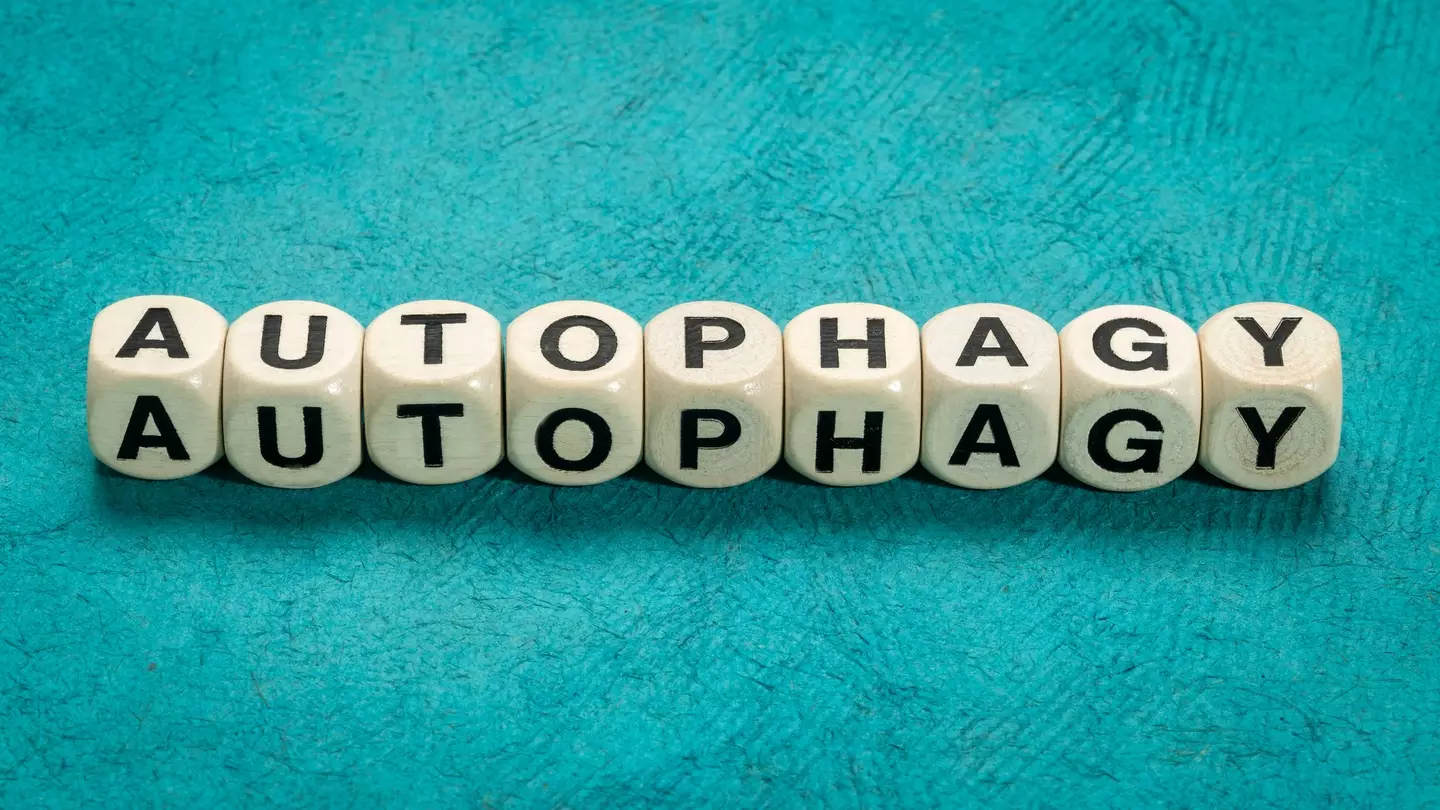.jpg)
A doctor has broken down in detail what exactly happens to the human body when it doesn't receive food for three days.
UCLA Health reports America's obesity crisis is only continuing to snowball. Almost half (40 percent) of the US population is now considered obese, while another study shows obesity-related cancer deaths tripled in two decades from 1999 to 2020.
It goes without saying, the food we put in our bodies has a tremendous impact on our weight and overall health, with the 'American diet' up there as one of the worst in the world, characterized by processed meat, sugary drinks, candy, fried food and high-fat products.
Now, a doctor has weighed in on the matter, stating one remedy could be found in the ancient practice of fasting.
Advert

Why insulin is important
"We've been programmed to nourish our body to heal," Dr Eric Berg said in the introduction of his video before going on to explain how fasting could be an alternative method for warding off viruses and other chronic diseases.
"There's one single problem behind all chronic disease, including cancer, and that is insulin resistance," he explained, which he says happens when you eat 'too frequently.'
However, there's good news as he says things can 'start turning around' with the seemingly simple hack of intermittent fasting.
Benefits of intermittent fasting
"If you were to eat right now, your insulin will go up, and because insulin is going to go up, that higher insulin is going to prevent a lot of good things that are going to happen," the Dr continued.
In an example, he posed an 18-hour fast might look like eating in a six-hour window, say from 12.00pm to 6.00pm, followed by an 18-hour abstinence from food.
It's here where he says 'a lot of benefits are going to happen.'
"You're going to lose weight in your midsection. You are going to feel better mentally," Dr Berg said. "Your mood will come up, and your inflammation will start going down as well."

Intermittent vs prolonged fasting
However, he said the body isn't exactly 'tapping in' to the stored sugar in the liver during this process, unless you go for a more extreme method by taking on prolonged fasting.
The medic said this might look like a 24-hour fast to 48 hours, during which the benefits of an intermittent fast are basically cranked up.
Glycogen, ketones and impact on muscle mass
The body will endure several changes during a two-day fast, starting with the depletion of most of its glycogen in the liver.
"It's like a sponge with water. You're holding a lot of fluid," the doc continued before stating it's likely you'll lose a 'good amount' of water weight - and not necessarily fat loss.
"You'll lose the water first and then it plateaus," he added. "That doesn't mean it's not working. It just means that you dumped a lot of water with that stored sugar."
The second thing you'll be burning through is ketones, which make up 87 percent of the body's fuel.
Interestingly, Dr Berg said the human growth hormone will also soar by the second day, which is advantageous as this burns fat and can even contribute to muscle growth.
There's also a boost to your brain in the process, which he says comes down to having a 'higher level of ketones feeding the neurons.'

Dr Berg said fasting for more than two days also sees the human body transform junk into useful new cells, a 'magical' process called autophagy, which he says can't happen 'when you nourish your body' with food.
Moreover, he said this process accelerates even more when the human body is deprived of food for 72 hours.
"Autophagy starts cleaning up intracellular pathogens," he continued. "I'm talking about viruses," such as the Epstein-Barr virus and the herpes virus.
Due to the absence of medications for these viruses, Dr Berg says the only way to eliminate them is through 'prolonged fasting.'
Immune system benefits after three days of fasting
Finally, he said 72 hours without food sees the immune system become stimulated, which is important as this is what protects us against cancer and autoimmune diseases.
"Some stem cell therapy is like $50,000, but guess what? You can get stem cell therapy, for free, by just not eating."
Risks of fasting
That said, while the health benefits of fasting are well-documented, the Mayo Clinic warns intermittent fasting is not for everyone, notably pregnant women, people with eating disorders, people at high-risk of bone loss and falls and people with diabetes.
Studies also suggest it can cause constipation, make people feel tired and dizzy and affect the menstrual cycle.
Long-term health benefits also remain unclear, and those looking to participate should always speak to a healthcare professional.
Topics: Health, Science, World News, Food and Drink, US News